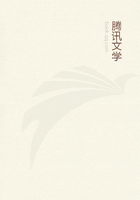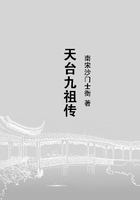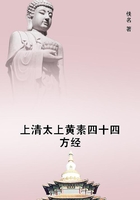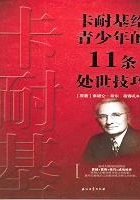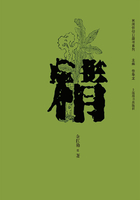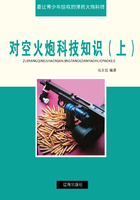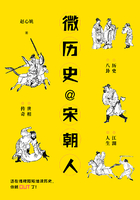Nothing appears to me more striking, as an illustration of the far-reaching effects of traditional prejudice, than the errors into which some of our ablest contemporary scholars have fallen by reason of their not having studied Paine.Professor Huxley, for instance, speaking of the freethinkers of the eighteenth century, admires the acuteness, common sense, wit, and the broad humanity of the best of them, but says "there is rarely much to be said for their work as an example of the adequate treatment of a grave and difficult investigation," and that they shared with their adversaries "to the full the fatal weakness of a priori philosophizing." [NOTE: Science and Christian Tradition, p.18 (Lon.ed., 1894).] Professor Huxley does not name Paine, evidently because he knows nothing about him.Yet Paine represents the turning-point of the historical freethinking movement; he renounced the 'a priori' method, refused to pronounce anything impossible outside pure mathematics, rested everything on evidence, and really founded the Huxleyan school.He plagiarized by anticipation many things from the rationalistic leaders of our time, from Strauss and Baur (being the first to expatiate on "Christian Mythology"), from Renan (being the first to attempt recovery of the human Jesus), and notably from Huxley, who has repeated Paine's arguments on the untrustworthiness of the biblical manuscripts and canon, on the inconsistencies of the narratives of Christ's resurrection, and various other points.None can be more loyal to the memory of Huxley than the present writer, and it is even because of my sense of his grand leadership that he is here mentioned as a typical instance of the extent to which the very elect of free-thought may be unconsciously victimized by the phantasm with which they are contending.He says that Butler overthrew freethinkers of the eighteenth century type, but Paine was of the nineteenth century type; and it was precisely because of his critical method that he excited more animosity than his deistical predecessors.He compelled the apologists to defend the biblical narratives in detail, and thus implicitly acknowledge the tribunal of reason and knowledge to which they were summoned.
The ultimate answer by police was a confession of judgment.A hundred years ago England was suppressing Paine's works, and many an honest Englishman has gone to prison for printing and circulating his "Age of Reason." The same views are now freely expressed; they are heard in the seats of learning, and even in the Church Congress; but the suppression of Paine, begun by bigotry and ignorance, is continued in the long indifference of the representatives of our Age of Reason to their pioneer and founder.It is a grievous loss to them and to their cause.It is impossible to understand the religious history of England, and of America, without studying the phases of their evolution represented in the writings of Thomas Paine, in the controversies that grew out of them with such practical accompaniments as the foundation of the Theophilanthropist Church in Paris and New York, and of the great rationalist wing of Quakerism in America.
Whatever may be the case with scholars in our time, those of Paine's time took the "Age of Reason" very seriously indeed.Beginning with the learned Dr.Richard Watson, Bishop of Llandaff, a large number of learned men replied to Paine's work, and it became a signal for the commencement of those concessions, on the part of theology, which have continued to our time; and indeed the so-called "Broad Church" is to some extent an outcome of "The Age of Reason." It would too much enlarge this Introduction to cite here the replies made to Paine (thirty-six are catalogued in the British Museum), but it may be remarked that they were notably free, as a rule, from the personalities that raged in the pulpits.I must venture to quote one passage from his very learned antagonist, the Rev.Gilbert Wakefield, B.A., "late Fellow of Jesus College, Cambridge." Wakefield, who had resided in London during all the Paine panic, and was well acquainted with the slanders uttered against the author of "Rights of Man," indirectly brands them in answering Paine's argument that the original and traditional unbelief of the Jews, among whom the alleged miracles were wrought, is an important evidence against them.The learned divine writes:

